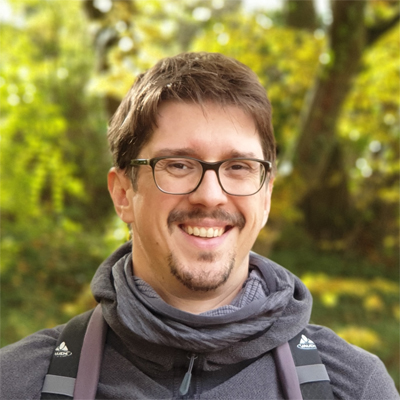Getting funding for science or doing science for funding?
Lately, I am very much concerned with getting funds to finance my life, but also my research ideas. It is a pretty normal thing to do after your PhD I guess, although stressful. While searching for funds to do my research I often come to a point, where I try to fit my research into a certain topic that gets funded, rather than finding money that fits my research. I wonder how normal that actually is…
Finding money
Finding funding for your research in Germany is not easy. We have a very big funding body (DFG = German Research Foundation) that essentially lets you do whatever you want. But only, if the reviewers agree to your ideas. So if I want to research a certain thing, I can simply draft a research proposal and a financial plan and submit it. Reviewing the proposal takes quite a while, sometimes over a year. But eventually you get a green light, need to improve your proposal or get an outright “nope” from the reviewers.
To my knowledge, there are not many possibilities where you are that free in choosing your topic and simply applying for it. Naturally, one wants to apply to as many things as possible. But when searching for funding opportunities, one very quickly hits a wall. Many funding schemes are topic based, because they want to focus on a certain thing (e.g., research data management). That is OK of course, because we need to have certain directions to follow in research.
Finding reason
It kind of happens that I catch myself in bending my research idea to just fit the focus of specialised funding schemes. The task of finding money quickly changes to the task of finding reason. Reason to select that specific funding scheme, reason why my research would be an addition to the overall topic, and reason why I am predestined for doing this. I am assuming that this is probably normal, but is this a good thing?
Doing research is by nature always something that has not been done before. It is therefore very specialised and it is that way for a reason. The researcher is the specialist in that topic and should know best what to do with his or her research. The money needed shouldn’t determine what outcome the research has. Well, you could argue that if it doesn’t fit the funding scheme, then simply don’t apply.
Finding income
The problem is, that we all need income to survive and there isn’t really a safety net for scientists, especially as long as you do not have a permanent position. We therefore spending way too much time for applications either to positions or to funding. This time is of course subtracted from the time we should do our research. Having only two or three possibilities to apply for your great idea is simply too less, because chances are slim.
I am still in favour of specialised funding schemes. But I also think, that we need to increase the freedom in applications by offering more open calls for funding. I also think we should lower the application conditions and processing time, but that is another story. By having more open calls, I think more researchers would be able to really do their best instead of bending their idea just to have income. Especially now, where the German government decided to lower the post-doc phase to just four years (instead of six). But who knows, maybe sometimes specialised funding schemes are just what you have been searching for…








